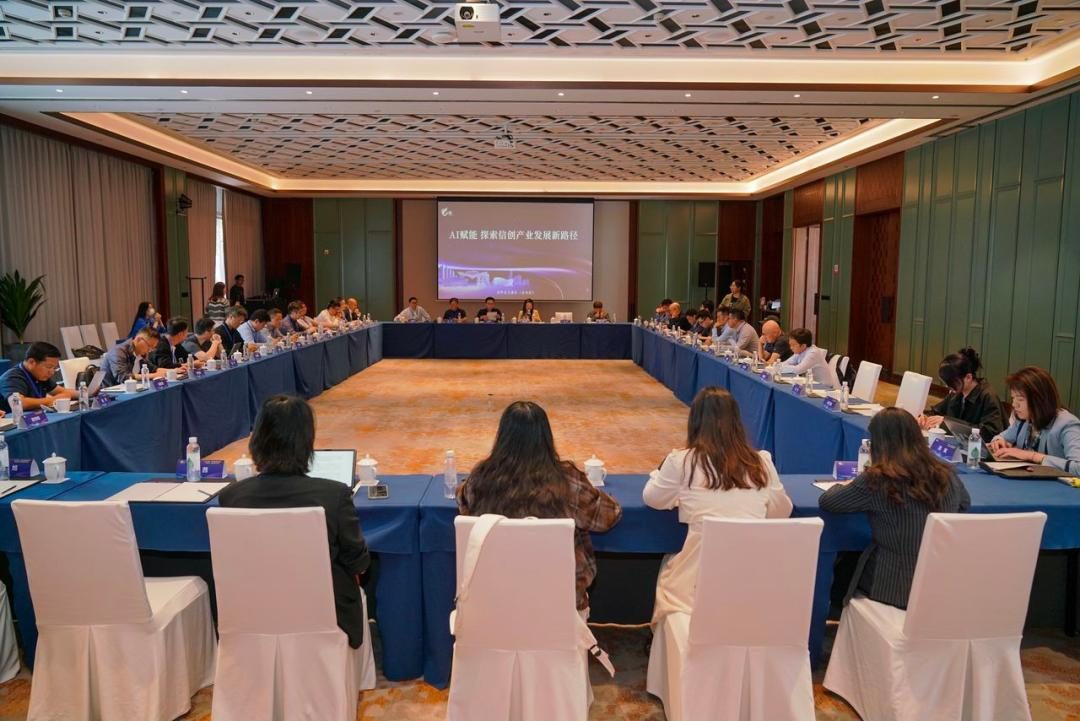
The AI industry is booming.
The AI wave is coming, and the industry continues to iterate. The development of science and technology has changed the lifestyle of each of us.
As Bill Gates said: "People always overestimate the changes in the next one to two years and underestimate the changes in the next ten years."
In the past period of time, both individuals, companies and the market have gained a fuller understanding and understanding of the AI industry. Standing at the present moment, how should we view its impact and changes? How do you view its future development trends?
On October 12, a docking negotiation meeting with the theme of "AI Empowerment to Explore New Paths for the Development of the Information Innovation Industry" was held at the "Zhijiang Tongxin New Knowledge and New Quality Roundtable" special event for the development of the information innovation industry. Jiazi Guangnian founder and CEO Zhang Yijia discussed the opportunities and challenges under the new AI paradigm revolution with guests from the scientific, business and financial circles in the field of artificial intelligence, as well as how to use AI to reshape the industry and promote the rapid development of the industry. development and other important issues.
1. Confronting opportunities under the AI paradigm revolution
The rapid development of artificial intelligence has brought unprecedented opportunities to various industries, especially in the fields of finance, innovation and intelligent manufacturing. AI has begun to generate consensus in terms of improving efficiency, promoting innovation and reconstructing the industrial ecosystem. More and more people see that the application of large models and AIGC will significantly improve the level of product intelligence and promote scenario-driven changes.
But at the same time, we must always stay awake, because AI still has a long way to go in terms of marketization and ecology, and the barriers to data and computing power also require more real money investment to have a chance to break down. , Let the AI industry truly prosper.
A certain fact is that AI is not only a technological innovation, but also a key force in promoting economic transformation and improving the country's independent innovation capabilities.
Geng Junling (Chairman of Xinyada Technology Co., Ltd.): We are very excited about the rise and explosion of this round of AI. Large language models have brought great opportunities to the banking industry, and we are very determined to be All in AI. We believe that AI in the entire Chinese industry must be a two-pronged approach of reconstruction + native.
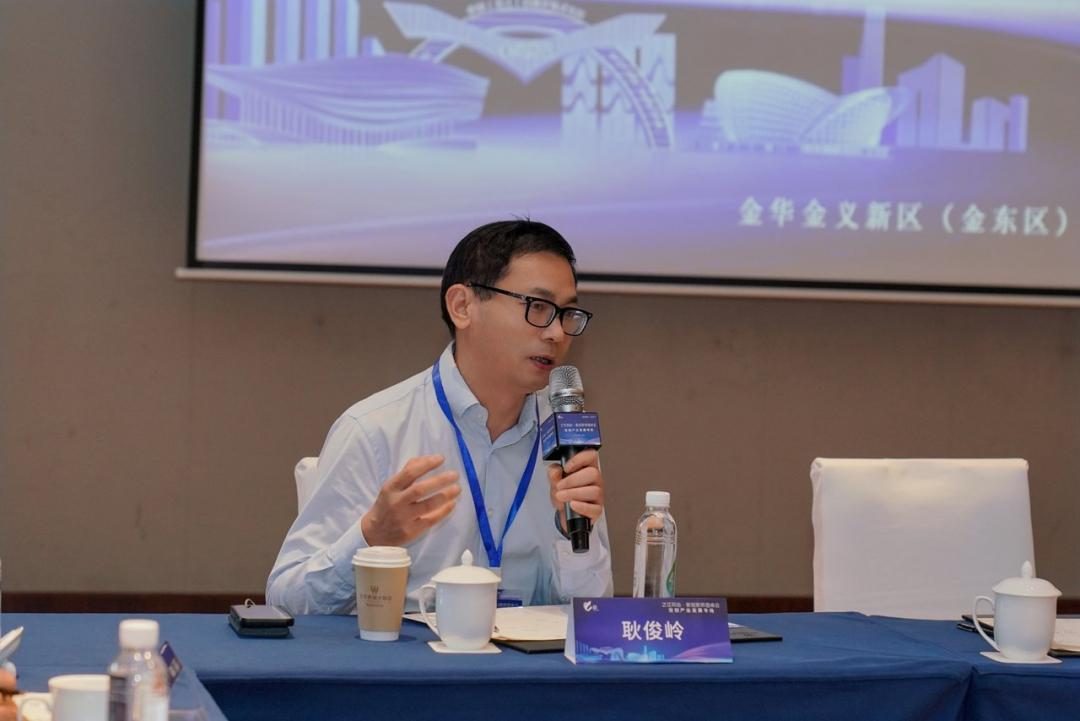
Gao Tianhan (Professor and doctoral supervisor of Northeastern University, co-founder and chief scientist of Huanxiao Technology): In recent years, the rapid development and implementation of artificial intelligence technology represented by large models and AIGC has not only brought profound changes to traditional industries, It also brings unprecedented development opportunities and challenges to the Xinchuang industry itself.
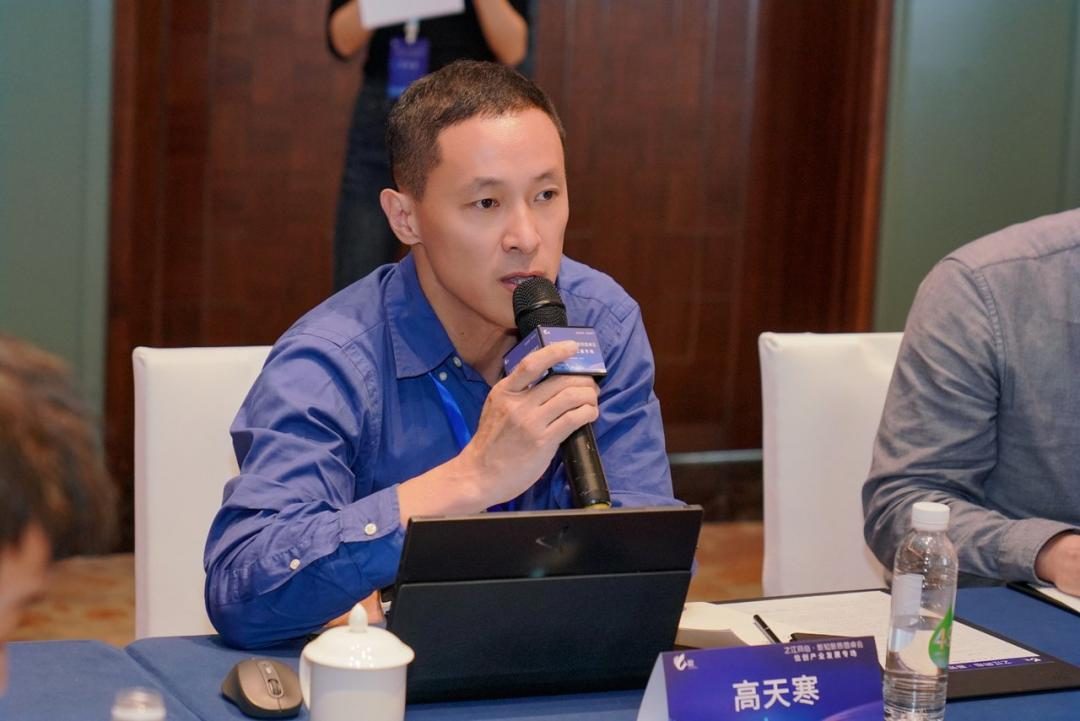
The extensive use of AI can significantly improve the intelligence level of Xinchuang products themselves. Whether it is basic hardware, basic software and application software in the field of Xinchuang, the blessing of AI can significantly improve its performance. I believe that the implantation of large models and AIGC in the field of information innovation will definitely bring more innovative application scenarios to this field.
In the future, with the continuous iteration and in-depth integration of artificial intelligence technology, the information innovation industry will definitely be able to ensure national security and play an increasing role in promoting the independent controllability of the next generation of information technology.
Zhang Zhiming (Executive General Manager of Fosun Fortune Investment): In the field of AI infrastructure, everyone pays more attention to computing power. Whether the performance is good or not, computing power is the first thing to consider. But there is another important factor that is very easy to overlook, and that is the power of interconnection.
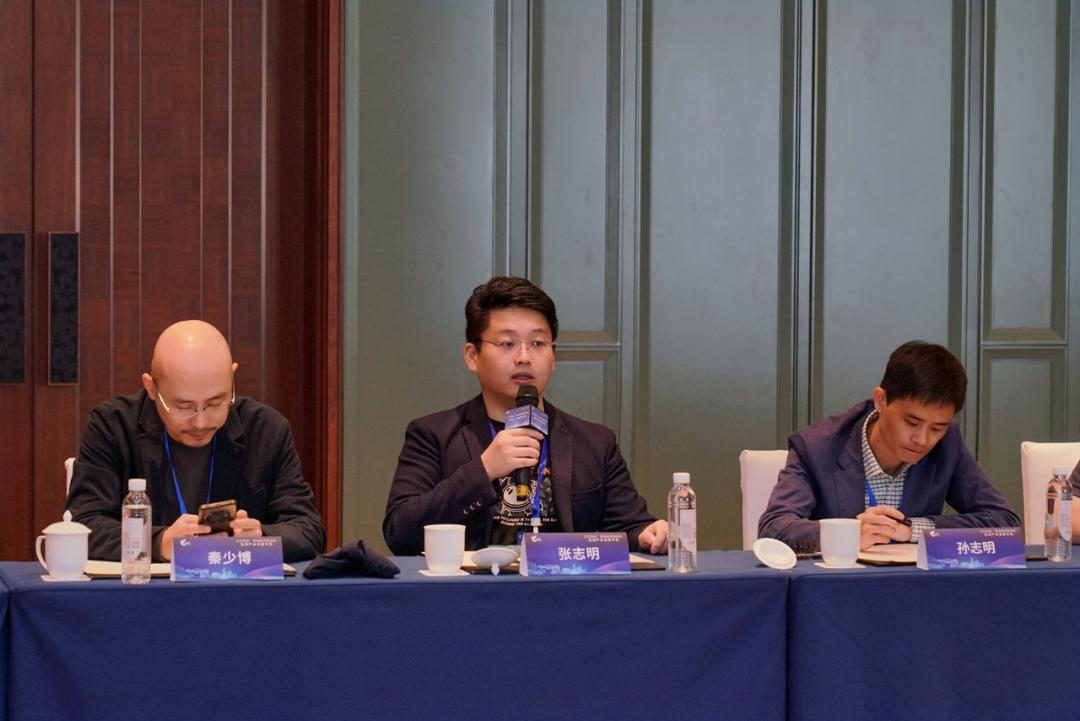
Compared with Nvdia, it is easy to see its super-class computing performance and all-encompassing CUDA ecosystem, but there are two other magic weapons that are also extremely important. One is NVlink for inter-card interconnection, and the other is Infiniband for cluster interconnection. These two magic weapons form the key to the Qianka Wanka cluster. The increase in computing power can bring an extremely significant multiplier effect.
At present, there are many domestic companies making AI computing power chips, and some of them have achieved good results. However, companies with high-speed Internet technology are still very few. In the future, the AI high-speed interconnection field still has great development potential and deserves special attention.
Tian Qunxi (Chief Innovation Officer of Beijing Zhiyuan Internet Software Co., Ltd. and President of the Synergy Research Institute): The industrialization market for digital elements is very huge. There are many opportunities in public data governance, management, operation, secure circulation system, and converged computing. AI will have disruptive changes in scene driving and scene guidance.
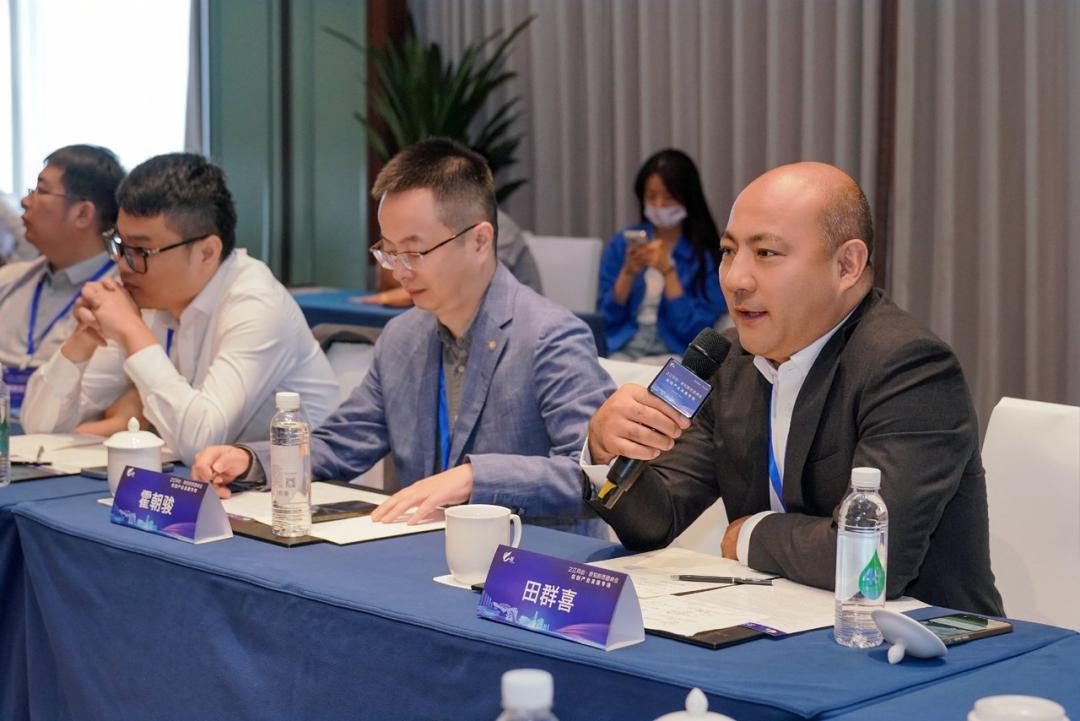
From the perspective of economic scale and efficiency, my point of view is that the application of +AI will first bring a rapid market opportunity. For example, in the field of intelligent business flow and business automation, AI capabilities can replace traditional rule engines and routing to solve complex personalized customization and quickly solve problems of engineering efficiency and scale. Secondly, artificial intelligence is both a demander and a promoter in data element services. The management, operation and safe circulation of public data elements provide rich scenarios and huge market opportunities.
Yan Yujie (Senior Vice President of Beijing Hesi Information Technology Co., Ltd.): In industrial AI, we see an obvious trend. Everyone has a very clear direction in improving efficiency and interactive applications. We have also done corresponding work ourselves, such as making approvals smarter and using AI to deconstruct complex expense control and reimbursement management systems to help companies improve efficiency.
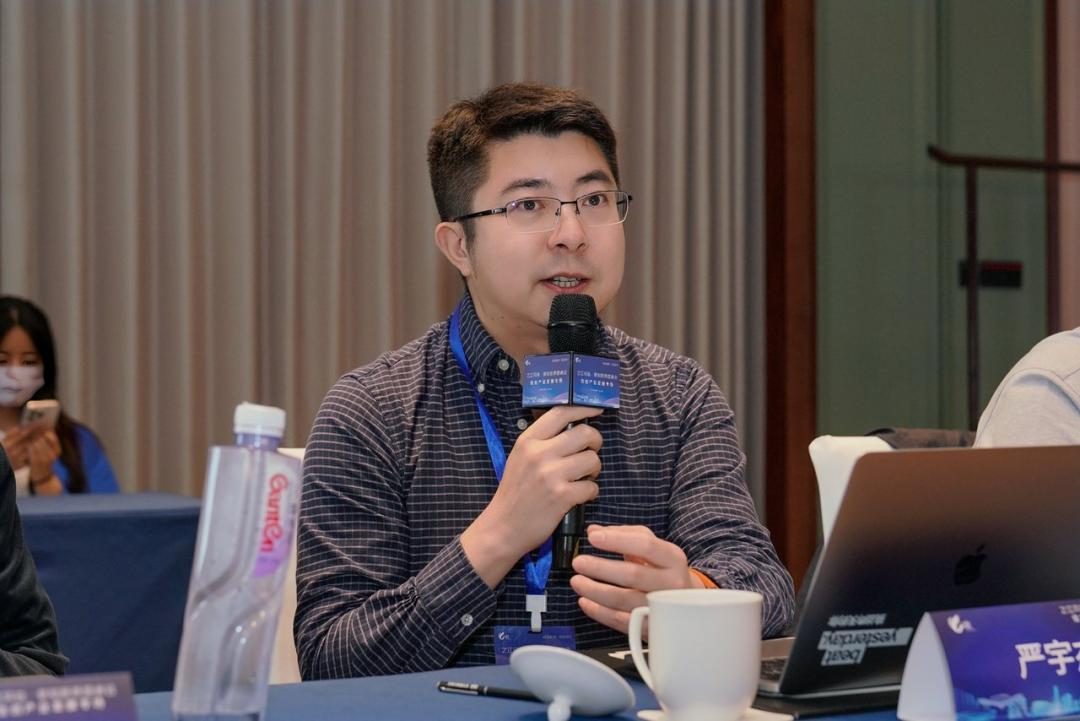
At the same time, we are also trying to use AI to do some intelligent interactions. We believe that AI can create some previously unseen needs and opportunities in the future.
Wang Bing (Partner of Dongfang Fuhai): I believe that under the current situation of competition between China and the United States, it is completely necessary to create an independent and controllable, artificial intelligence-based Xinchuang supply chain.
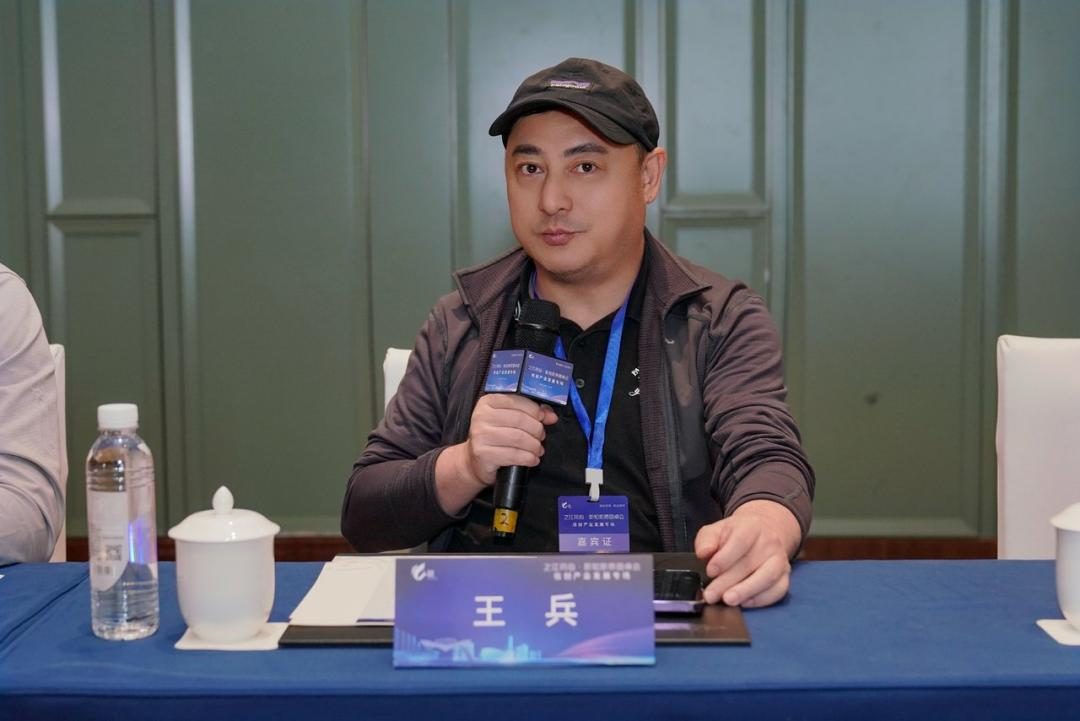
However, during this process, special attention should be paid to two points:
The first is marketization, especially the marketization of innovative industries. In industries like artificial intelligence, investment in big tracks is far from enough.
The second is ecologicalization. The essence of innovation is not to allow one or two large companies to carry the entire country's scientific research, but to allow many early-stage start-ups to explore in different directions and form an ecosystem.
China has no shortage of funds, but a large amount of funds have not been used in the right places. We hope that these funds can be fully used in cutting-edge science and technology and innovation fields.
Yang Zhen (Head of Strategy and Market of Beijing Electronic Digital Intelligence Technology Co., Ltd.): At present, China’s overall artificial intelligence infrastructure construction pattern is very discrete. Computing power, algorithms, and data are all organized into separate systems, forming different chimneys. For example, data is controlled in The chips and algorithms in the hands of major government and enterprise institutions each form a closed-source ecosystem.

The development of the artificial intelligence industry needs to solve these chimney problems. For example, in terms of computing power, in the process of implementing Xinchuang, only a single domestic GPU cannot meet the real AI needs. Multiple domestic GPUs need to work together, and the user has no sense of body. Therefore, shielding the underlying hardware and calculating based on throughput can provide the possibility for the development of domestic computing power; at the model level, the base model is widely adapted to mainstream development frameworks and provides undifferentiated model services; and at the data level, through blockchain, Digital contract technology stipulates the frequency and purpose of data use, allowing data to flow and be used.
In addition, the government level also needs to open up data and scenarios to guide artificial intelligence companies to enter the local area, so as to form a long slope and thick snow for the development of the artificial intelligence industry.
2. Reshape the industry with the help of AI
AI technology is regarded as a key factor in promoting industrial innovation and economic growth. Today, all industries in China are at a stage where they are relying on AI to achieve rapid development, transformation and upgrading.
For example, in fields such as new energy and life and health, we have all seen new demands and opportunities brought by AI technology. The development of the AI industry itself is inseparable from the coordinated advancement of policy, market and technology.
Of course, although we have challenges in AI computing power and large model construction, the development of the AI industry should not be limited to hardware and basic software, but should pay more attention to talent training, market competition and technological innovation.
Superimposed changes in the industry are taking place, and there are many things worth doing.
He Jin (Professor at the School of Information Science and Technology, Peking University, Director of Shenzhen Key Laboratory of System Chip Design): We all know that we need to pursue computing power, but establishing a computing power center is not something that some small and medium-sized enterprises can accomplish. The same goes for models. Building a large model not only requires many parameters, but more importantly, it requires a team of many mathematicians and software engineers, which is not something we can do easily. The development of the information innovation industry should focus more on sensing, network, and storage. There are also many gaps and subdivisions in which small giants can be born, specializing in unique innovations. This is what our small and medium-sized enterprises can do in the information innovation field. Something worth doing that can make a difference.
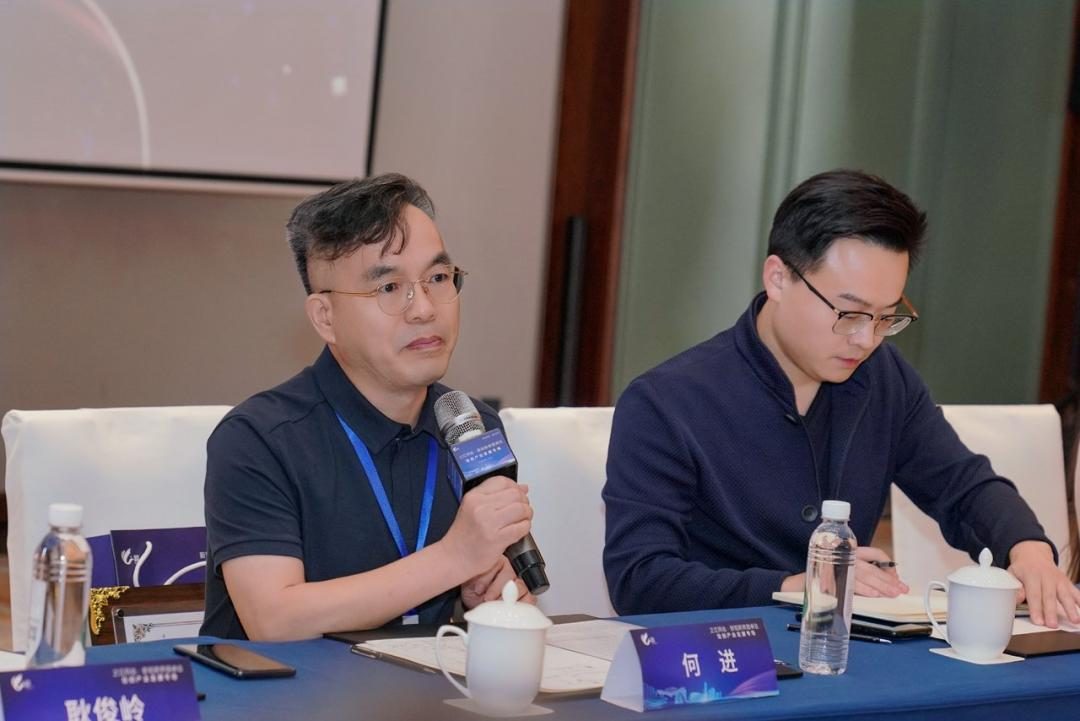
Zhang Yu (founding partner of Qingzhi Capital): Traditional Xinchuang focuses more on some basic software and chips. AI is a bit different. AI actually has many characteristics. Nowadays, Xinchuang is constantly investing in large-scale infrastructure and investment, making chips and computing power. In fact, the most basic thing is people. I think the first step should be to strengthen the cultivation of people.
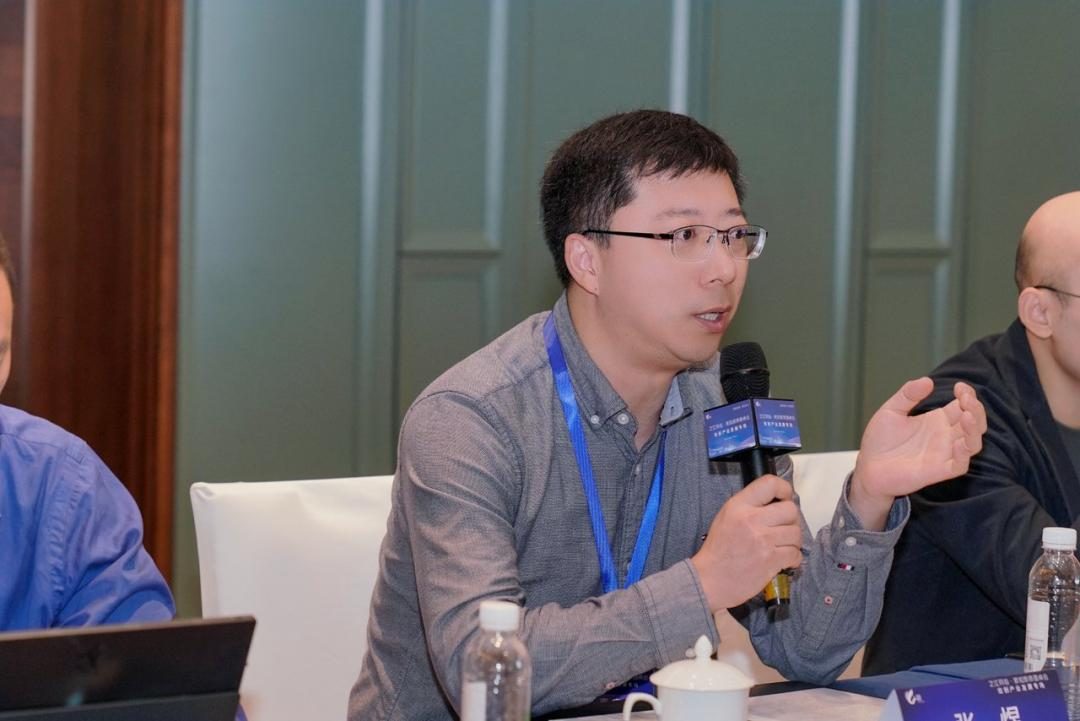
Qin Shaobo (Managing Partner of Cornerstone Venture Capital): Today Xinchuang has reached the stage of deep water. We see that the product side has gone from being difficult to use to being usable to being easy to use. From a business under policy protection, we have achieved technological innovation in certain fields around the world. This is something investors would rather see. Only by moving toward market-oriented competition can we have lasting power for innovation.
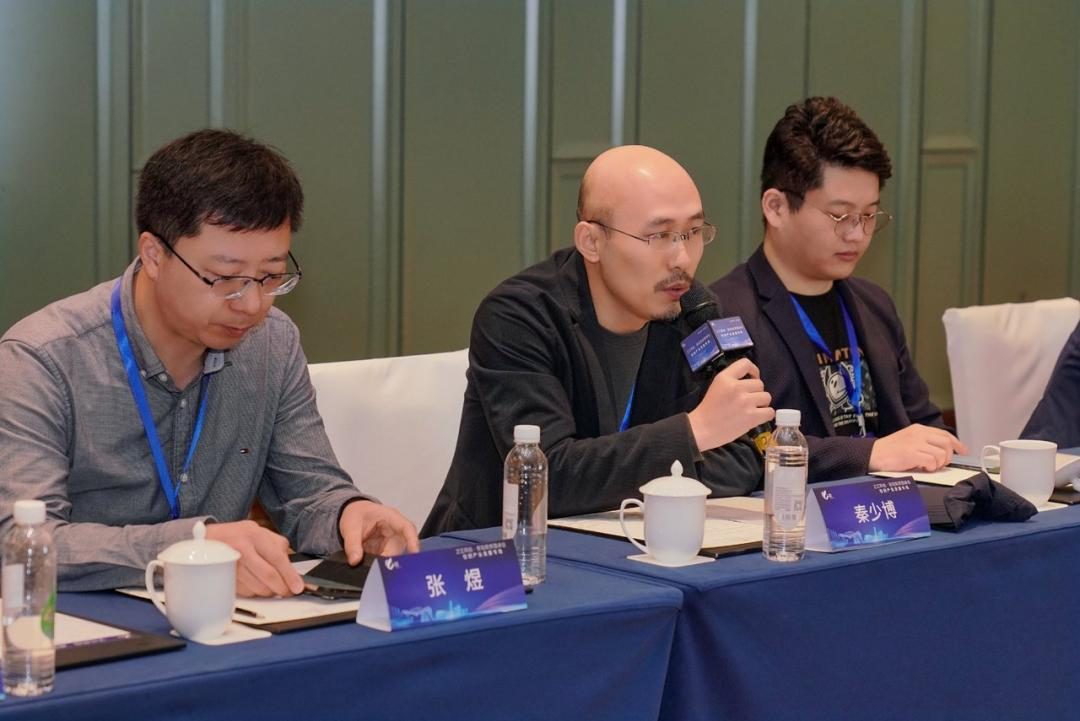
Lin Jie (General Manager of East China Region of iSoftStone Computing Co., Ltd.): At the beginning of this year, we released AI products based on Huawei Ascend. At the end of this year, we will also release Xinchuang AI terminal. If you have hardware needs, you can contact me and we can work together. cooperate.
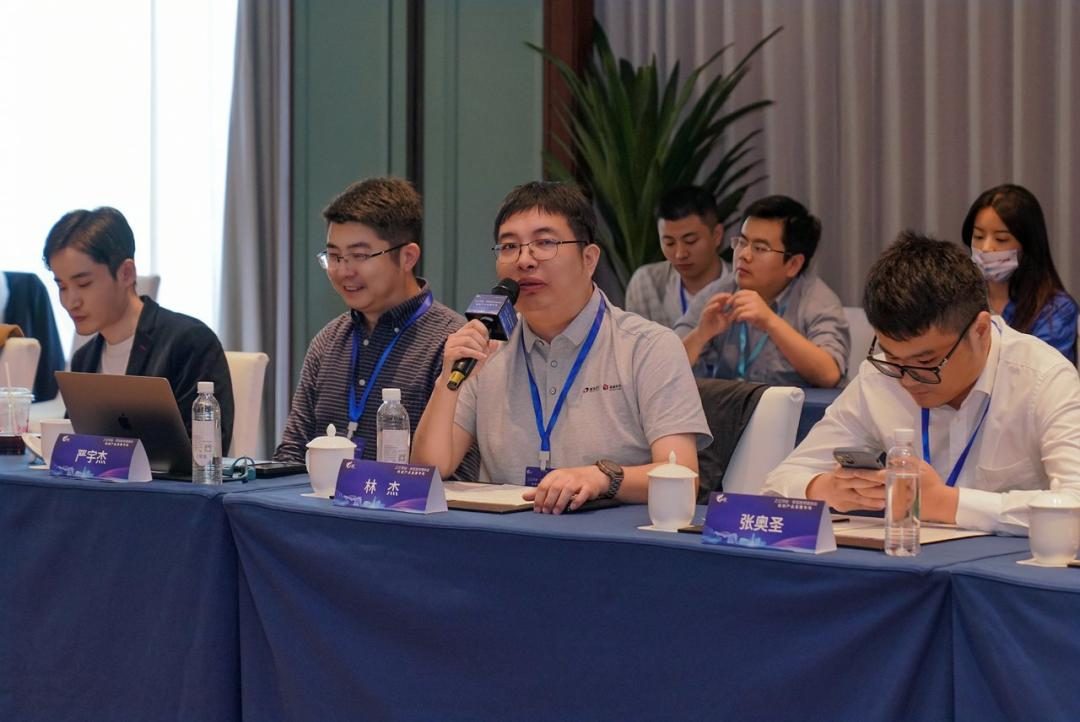
Before the National Day, the Beijing-Tianjin-Hebei Xinchuang Town, which iSoftStone participated in the construction of in Tongzhou, Beijing, was officially launched. Its core is an intelligent manufacturing factory, with the purpose of improving production technology, product quality, and after-sales service. Similarly, we also have a factory in Jinhua. We have invested in two production lines in Jinyi factory. In 2019, we invested in a semi-automated production line, and in 2021 we invested in a new fully automated production line. I think automation does not mean it is AI. Intelligence and automation are still different. In the future, we can have more exchanges on the transformation of smart AI factories.
Ji Tiancheng (Partner of Nanjing Silicon Intelligent Technology Co., Ltd.): There is a joke on Douyin that businessmen in Yiwu are the most up-to-date. Yiwu bosses have an average of four or five AI tools. They use AI to design products in the morning and in the afternoon. We use AI anchors to carry out live broadcasts and deliver goods, and in the evening we use AI to translate videos into 27 languages and put them on TikTok and YouTube. We are honored that many of these products are from our company. We are preparing a complete AI training and education system, including a full set of AI tools, to serve the upgrading needs of industries in various regions.
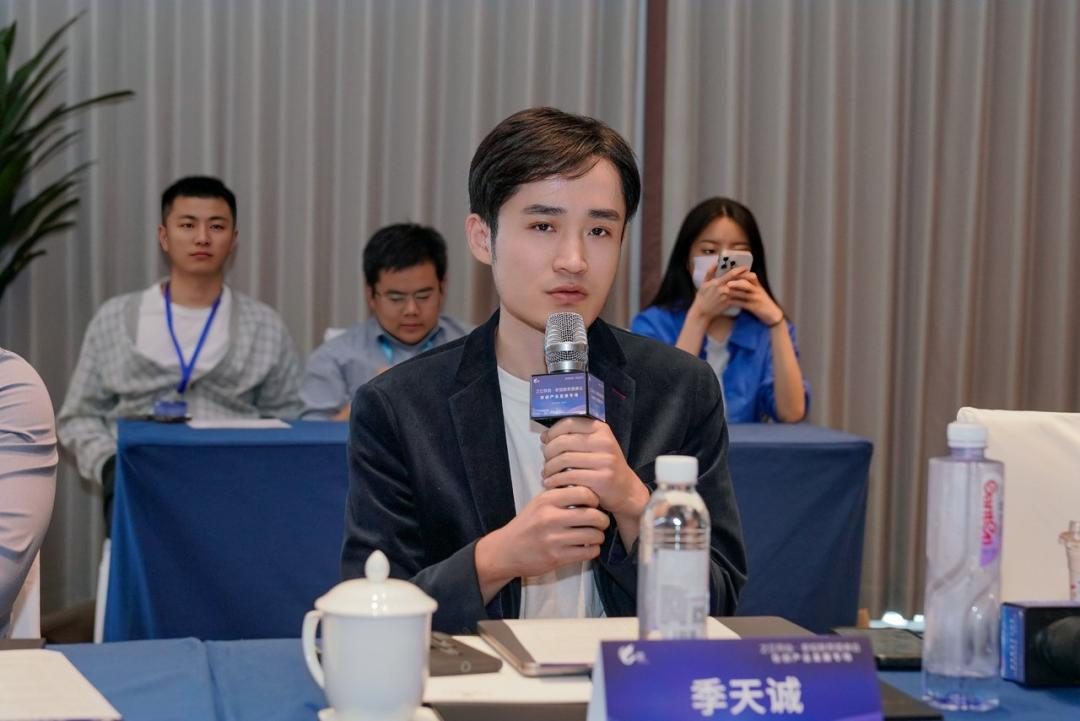
3. Only by working together can we go further
Looking to the future, the development of AI technology will be full of infinite possibilities. As technology continues to advance and application scenarios continue to expand, AI will play a more important role in more fields and create more value and welfare for mankind. For example, we use AI to help companies focus on their own knowledge projects; help small and medium-sized enterprises connect with smart service providers; and work with companies to jointly promote the implementation of AI in manufacturing, consumer goods, and pharmaceutical industries.
We are in the same era, and we must move towards a better tomorrow together.
Huo Chaojun (General Manager of Zhejiang District of Shenzhen Lanling Software Co., Ltd.): We have seen three trends:
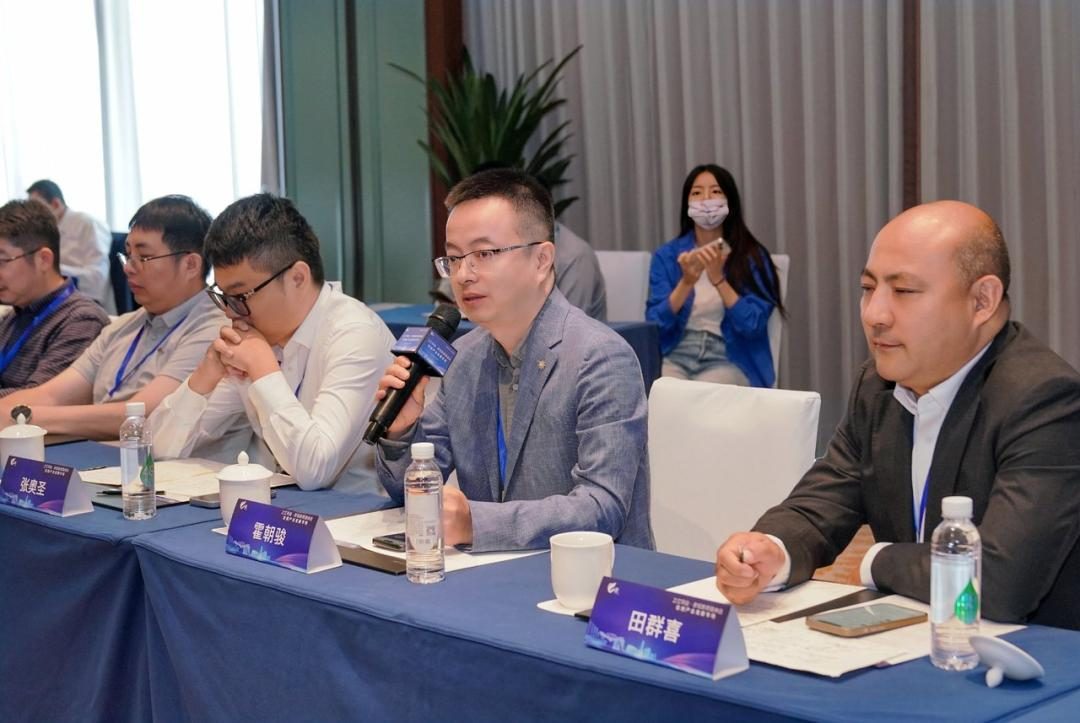
First, for some organizations or enterprises, under the conditions of security, compliance, autonomy and control, and sufficient computing power, they have the opportunity to build large-scale privatized models;
Second, it is necessary to apply the large privatization model well. The quality depends on the data. Whether the data is of high quality, accurate or not, and good or not will directly affect the application quality of the large privatization model in the future;
Third, when there is data quality, we must pay attention to implementation. What can be used by end users is knowledge engineering. We have always paid attention to the aspect of knowledge engineering, and have also helped more companies pay attention to their own knowledge engineering after the arrival of the AI wave, helping companies and organizations to empower their businesses.
Zhang Aosheng (Deputy General Manager of Zhejiang District of Inspur Digital Enterprise Technology Co., Ltd.): Inspur has a large layout in the field of information innovation, covering basic software, basic hardware, application software, and some information security fields.
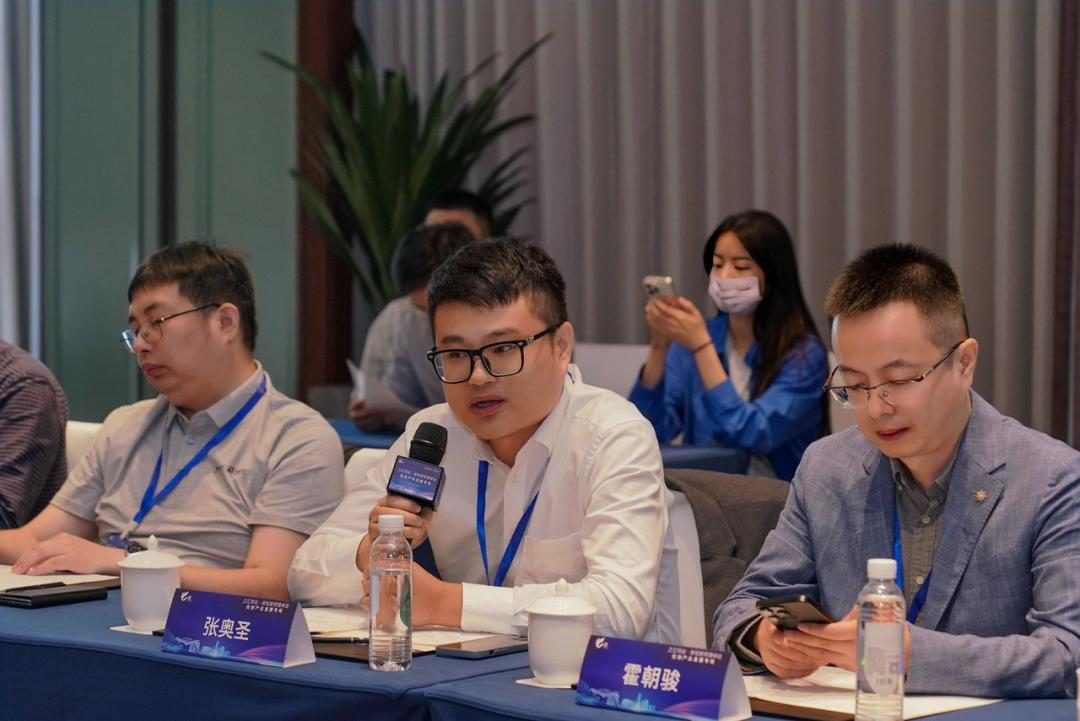
Seize what you can grasp and understand thoroughly, and quickly form a business model. Inspur also has smart water services, smart medical care, smart transportation, etc. Relying on Inspur alone will definitely not be able to do it deeply or thoroughly. We hope to cooperate with experts in these fields.
Jiang Chun (Managing Partner of Puhua Capital): Friends who are familiar with this industry may know that the Xinchuang we are talking about today, information technology application innovation, originally has a name called safe and controllable. Encore. The emphasis is more on making up for broken points and creating a fully safe and controllable supply chain for the information industry. Making up for breakpoints is undoubtedly important, but focusing on today's breakpoints is still a passive defense.
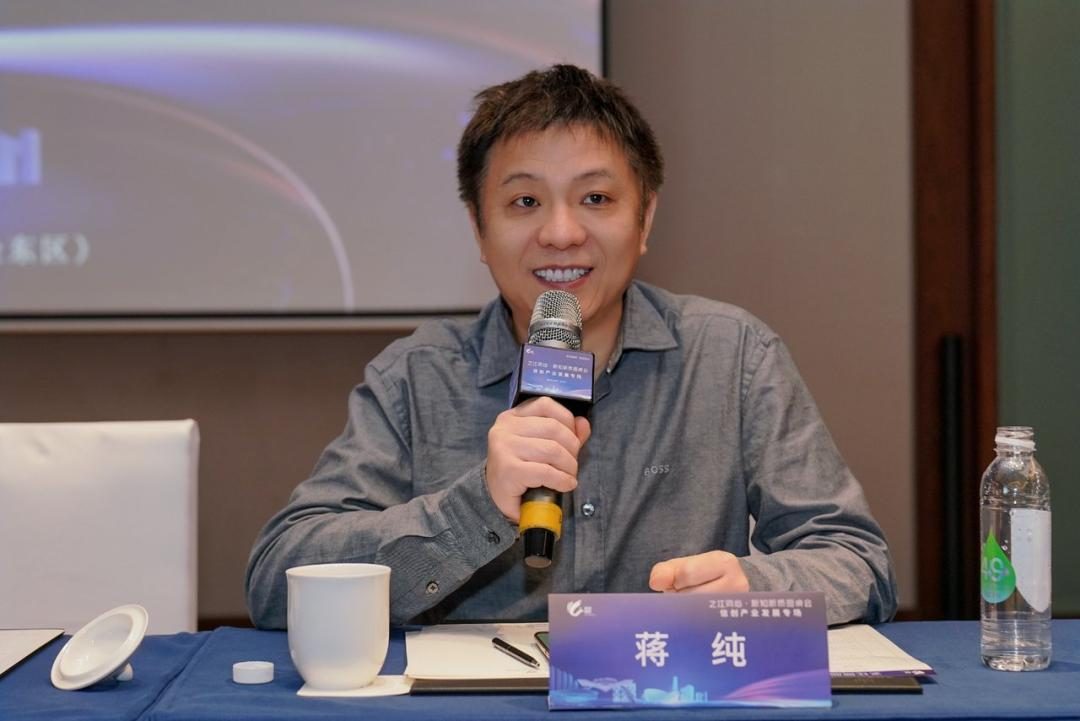
Technological innovation is the biggest driver of industrial iteration. In such iterations, the old hegemons will be weakened or even replaced by new forces emerging. For example, Intel as we know it first fell behind ARM in the rise of the mobile Internet, and then fell behind Nvidia in the artificial intelligence competition and suffered a setback.
Artificial intelligence is bringing such opportunities and is still in the ascendant. With the rise of multi-modality, artificial intelligence technology will break away from the limitations of human data and directly contact and process information in the physical world. The scope of its application will also become increasingly broad. This will bring about a wide range of innovations and revolutions in all aspects from model changes to basic computing, bringing a large number of information industry application innovation opportunities.
Therefore, we hope that today’s entrepreneurs in the Xinchuang industry can seize the opportunities brought by such technological innovation. Let our information and innovation industry not only maintain the bottom line of our information security, but also take the lead in the future global information technology competition, starting with Encore and achieving innovation.
Sun Zhiming (CEO of Jiangsu Huizhi Intelligent Digital Technology Co., Ltd.): From a business perspective, many small and medium-sized enterprises need industrial scenarios and large model foundations. However, because of its high technical cost, it is difficult for downstream AI smart service providers and industry service providers to adapt. The CarrotAI large model and Agent cloud platform independently developed by Huizhi Intelligence were born to solve this pain point. By providing standardized AI services, we have significantly lowered the threshold for enterprises to apply AI.
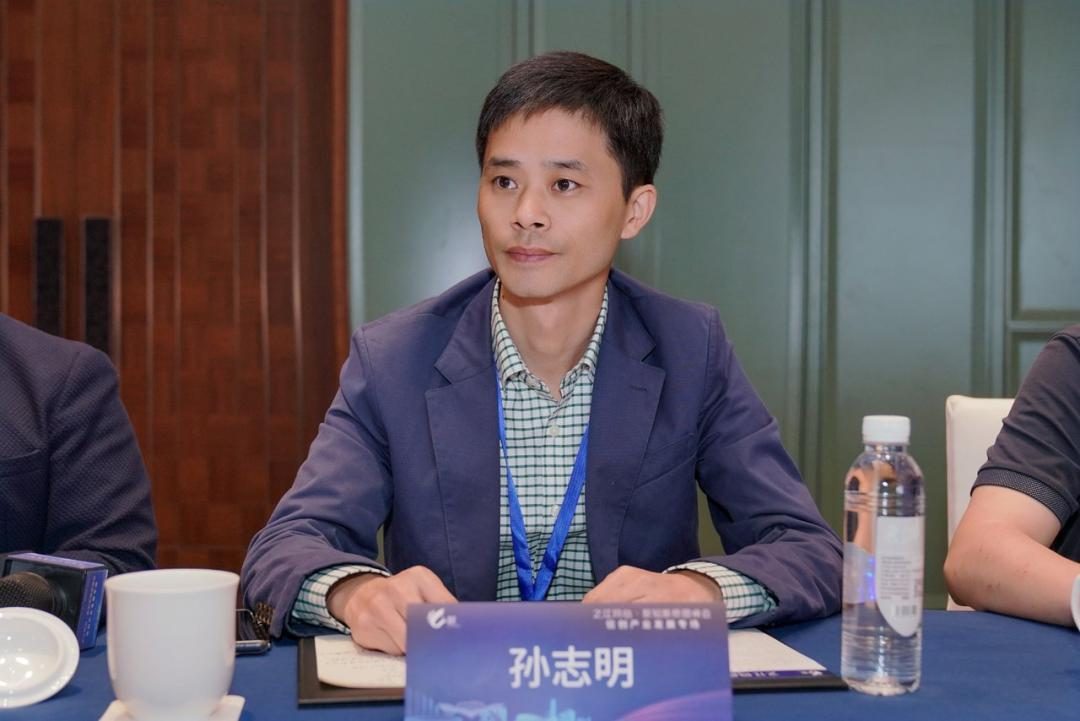
Our technology can not only improve the operational efficiency of enterprises, but also bring significant ROI improvements to customers, and has achieved remarkable results in multiple industries. If there are relevant service providers or financial services, you can contact us to discuss how to use AI technology to empower more small and medium-sized enterprises and promote the intelligent upgrading of the industry.
Liu Yuchen (CEO of Shanghai Yiyan Technology Co., Ltd.): We are a startup company that mainly develops software for the application layer and middle layer of large models to support composite AI systems of large enterprises. The reason why it is called a composite AI system is because building an implementable AI application includes not only a large model, but also other components and modules.
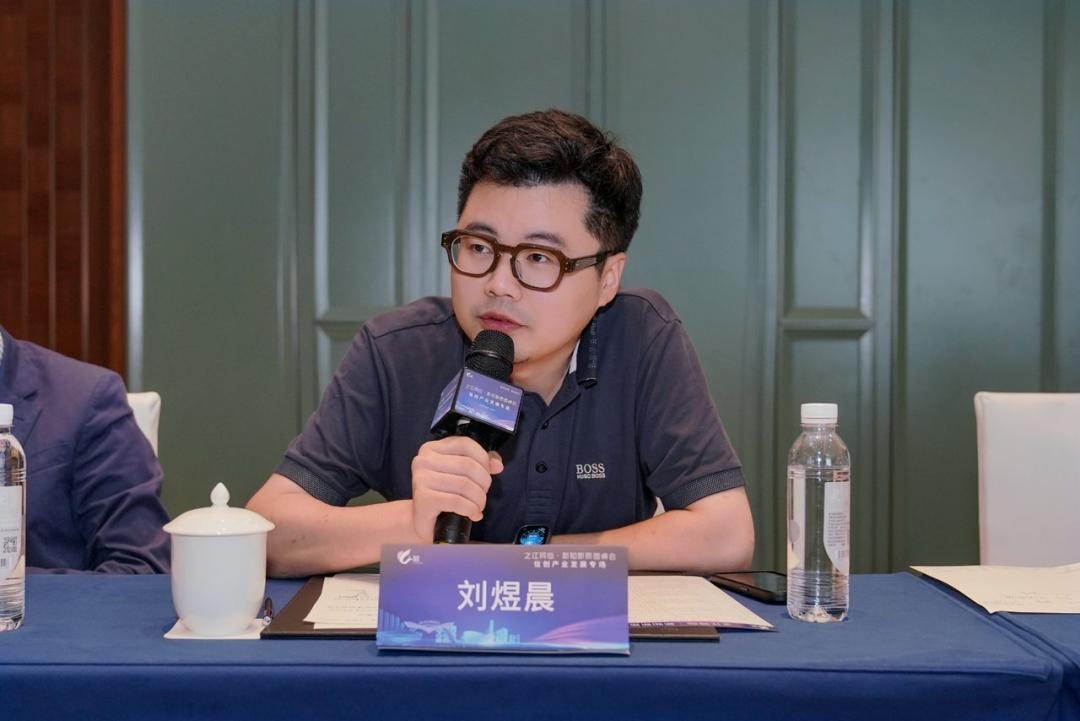
We have been targeting large enterprises, especially the top 500 companies, in implementing AI applications, especially in the manufacturing, consumer goods and pharmaceutical industries. Many of the top 100 companies that you have heard of are our current joint innovation customers.
Su Zhanchao (Investment and Financing Partner of Zhuoshi Technology (Hainan) Co., Ltd.): Zhuoshi Technology has focused on the artificial intelligence empowerment industry since its establishment in 2019. At the end of 2022, we started from the original technology and products All in AI large model, and chose to start from Starting from the industry model platform and application, after more than a year of accumulation, a large model of the Xuanji Yuheng base was built, and a MaaS and Agent dual-engine platform was built. Starting in 2024, we will gradually implement applications in industries such as medical and health, government affairs, corporate services, cultural tourism and education, and gradually focus on implementing many scenarios in medical and general health.
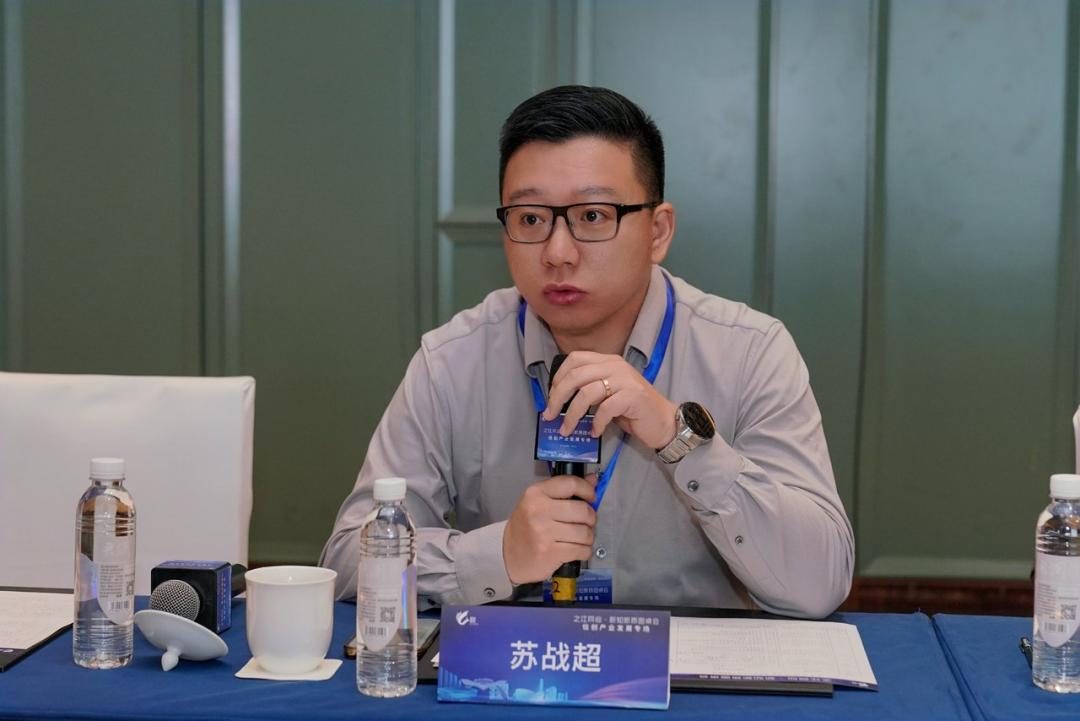
For example, we work with the National Health Commission to develop family doctors, which are currently implemented as large-scale model applications in many social health service centers across the country. We also cooperate with the Beijing Civil Affairs Bureau to develop a large-scale 100-billion health model, and we have also done AI pre-prediction with Qingdao Hospital. inquiry. Cooperation in health management and medical care mainly relies on the research resources of the Tsinghua University Institute of Precision Medicine.
Jin Shenghan (Executive Director of Jinshajiang United Capital): Everyone has mentioned that both the domestic product market and the capital market are very volatile now. One thing we have done recently is to attract some projects from overseas and help domestic projects go overseas. If there is demand for overseas and Southeast Asian markets, further exchanges can be made.
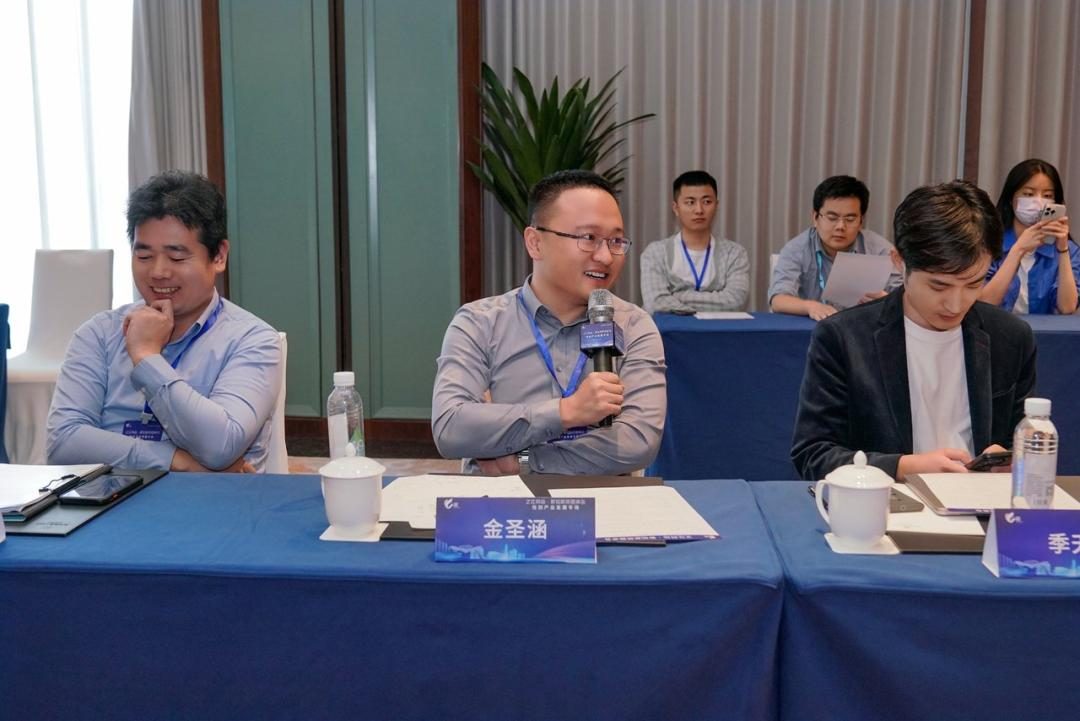
Huang Detao (Partner of Datai Capital): Datai was founded in Shanghai in 2010 and has been investing in semiconductors, focusing on hardware and supplementing by software. Our plan is relatively simple. We are looking for some good companies around AI and providing them with follow-up value-added services. We hope to cultivate some better companies. This is what we have always done and will continue to do in the future.
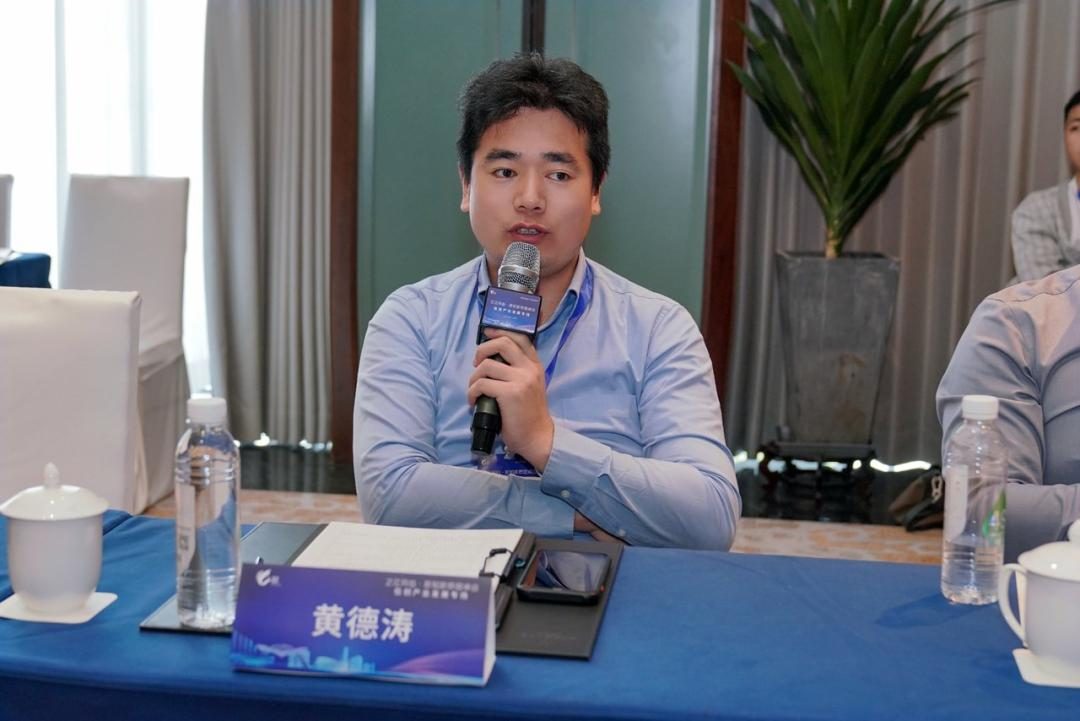
Yu Jiuzheng (Jinhua Project Leader of Guoke Yangtze River Delta Investment Promotion Center): Guoke Yangtze River Delta Capital is currently carrying out in-depth cooperation with Jinyi New District in the fund + base model to attract innovative industry projects, industrial investment and industry cultivation, and manage Jinyi New District’s 1 billion Xinchuang Industrial Fund, integrated circuits, semiconductors, electronic information, Internet of Things, sensing, network security, and even the entire domestic alternative fields are the key attraction and fund investment directions. I hope to further communicate and cooperate with you in the future. .
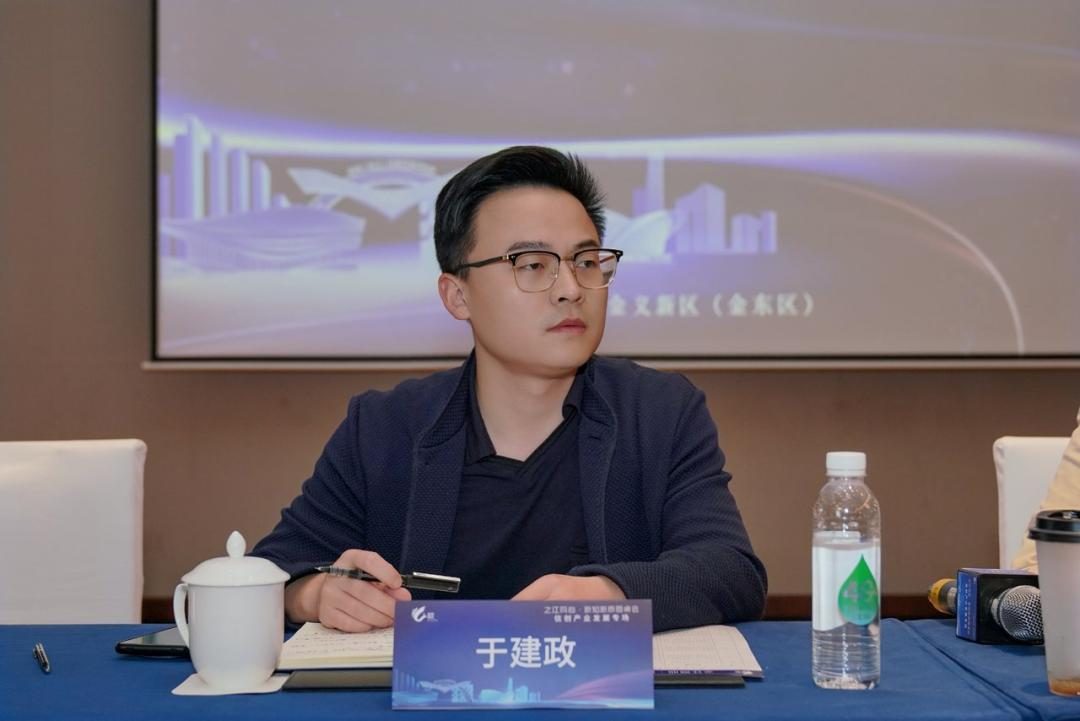
Zhang Gaonan (Managing Partner of Huaying Capital): The combination of AI and information innovation industry can be considered from two aspects:
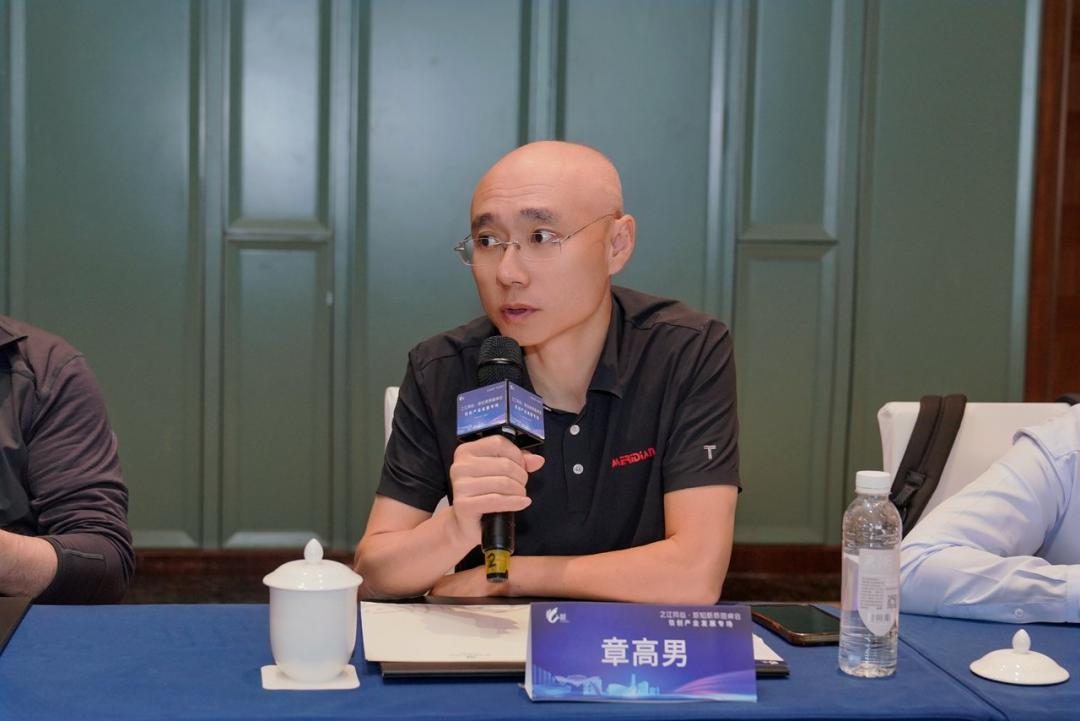
The first is to make good use of your own private data and use the Al model to combine it with your own private data to form a knowledge system for subdividing the track;
The second is to make full use of the existing knowledge system of large models and efficiently provide accurate content to the industry through technical methods.
At the same time, we also pay close attention to the basic theoretical innovation of non-LLM.
Lu Jiaqing (Senior Partner of Guoke Jiahe): I think that in the current market environment, investments in AI and information innovation are facing many challenges. First of all, from a revenue perspective, even if these companies reach a profit of 100 million, they may not be able to successfully conduct an IPO. This puts many start-up companies under tremendous pressure in financing and survival.
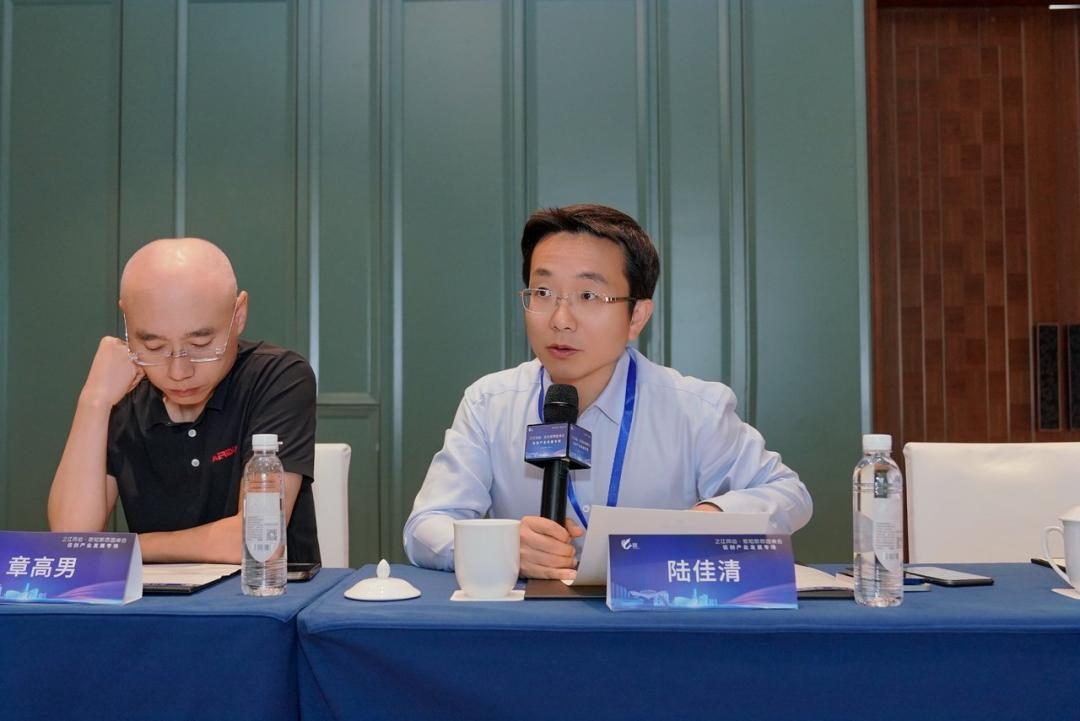
I have noticed that in the past few months, almost every month I have seen news about domestic GPU manufacturers going bankrupt or facing difficulties. This is a very serious problem. I hope this situation can change, because this waste of resources is detrimental to the development of the entire industry. Local government funds are limited, and if support continues to be spread across multiple small businesses, it may result in no one being able to truly grow. Therefore, I recommend concentrating resources to support a few potential companies so that they can develop better.
Additionally, M&A exits may become a realistic option. For example, our recent investment in a national high-tech enterprise that focuses on the development and application of cutting-edge force control technology for intelligent robots may be more suitable for this approach. We also hope to cooperate with listed companies to jointly incubate and support potential projects and provide these enterprises with more opportunities and development space.
write at the end
It is undeniable that the rapid development of artificial intelligence technology is profoundly changing the face of all walks of life. This is not only an opportunity for efficiency improvement and intelligent upgrade brought by technological innovation, but also an opportunity for China to achieve independent control in a new round of technological revolution. , an important opportunity to ensure national security.
From the empowerment of various industries by large language models to the widespread application of advanced technologies such as AIGC in traditional industries and information and innovation fields, the guests unanimously believed that AI will bring an unprecedented level of intelligence to products and services, and will improve efficiency, It shows great potential for intelligent interaction and the creation of new needs.
However, to truly maximize the effectiveness of AI, a series of challenges still need to be solved, such as the rational allocation of funds in the marketization process, the construction of an open and shared data ecosystem, and the promotion of the growth of innovative enterprises to form a good ecosystem, etc. It is particularly noteworthy that in the current complex and ever-changing international situation, it has become particularly important to create a safe and reliable artificial intelligence supply chain.
To this end, all parties should strengthen cooperation and exchanges and jointly explore how to better use AI technology to promote industrial development. At the same time, they should also focus on cultivating relevant talents and optimizing the policy environment to ensure that our country can occupy a favorable position in this wave of scientific and technological innovation. , and ultimately achieve the goals of high-quality economic development and comprehensive social progress.
Through joint efforts, we have reason to believe that the future will be full of infinite possibilities. AI will not only become a new engine to promote economic growth, but also open the door to a smarter and more convenient life.
Other corporate/institutional guests participating in this event include: Su Pengcheng, Operations Director of Zhuo Shi Zhixing Technology Co., Ltd., Li Duanzhen, General Manager of Dachen Caizhi Zhejiang Branch, Fang Dehua, Executive Director of Huakong Fund, Wu Xubiqing, Investment Director of Huafang Capital, yellow sea Su Xin, deputy director of capital investment, Li Wei, deputy director of Huanghai Capital Investment, Chen Yujing, operating director of Huanxiao Technology (Shanghai) Co., Ltd., Wang Dan, strategic cooperation director of Beijing Electronic Digital Intelligence Technology Co., Ltd., and Zhang Donglu, head of strategic relations of Saizhi Bole.